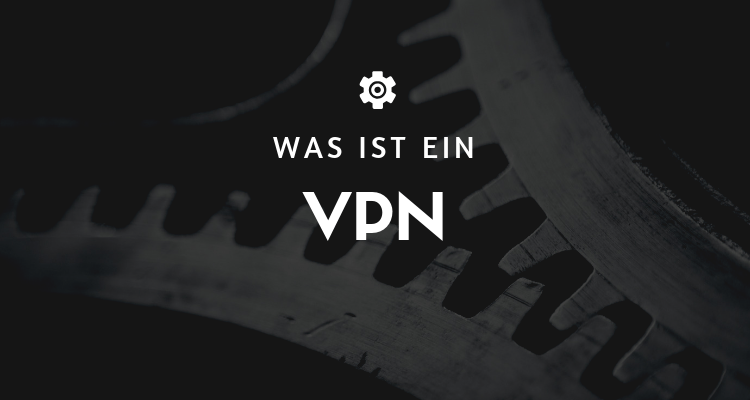What is a VPN and how does it work?
The term VPN stands for Virtual Private Network. Essentially, it creates a private and secure network that then spans your entire network connection. Thus, you'll be able to remain anonymous, while protecting all the data that is transferred over your connection.
As soon as you start the VPN software of your choice, your virtual private network client automatically encrypts all data sent over a network connection. However, before this data is transmitted, it first passes through the VPN. This private network then encrypts the traffic and forwards it.
However, any online portal can see that the transferred data comes from a virtual private network, rather than a home network.
When you connect to the Internet without the Virtual Private Network, all the data you transfer is essentially accessible to anyone, with the right tools. In most cases, this will not be a problem. However, if you are sharing confidential information, such as your bank account details, e-mails, or other information, you may want another layer of protection.
When you use a virtual private network, all transmitted data goes directly from your ISP to the VPN server. Then, the virtual private network connects to the Internet. This helps reduce or even prevent many of the most common security risks you face online.
Advantages of using a virtual private network
By using a VPN, you'll be able to move around more securely within the Internet. But besides a higher level of security, there are a lot of other benefits you'll get from using a VPN.
Below you can see some of the biggest benefits of using a VPN:
- Access to geographically restricted content. A VPN allows you to bypass certain content restrictions. For example, you can watch a Netflix show that is not available in your country.
- Protection of your data. Since VPNs encrypt your data before sending it over the network, your data is always safe and protected from unwanted intruders.
- Protects you online.By using a VPN you can ensure that you can move anonymously and safely within the Internet.
Disadvantages of using a VPN
Even though using a VPN is a great step to protect yourself online, there are also some disadvantages:
- Slower Internet connection. Since a Virtual Private Network adds layers of encryption to your data, this slows down your Internet connection. If you already have a slow Internet connection, this can make your Internet connection virtually unusable.
- There may still be security issues. VPNs are not perfect. You often need to configure your VPN correctly to achieve a high level of security. After all, there are also circumstances when DNS and IP leaks occur, exposing your once secured data.
- Your VPN connection may be interrupted. If your VPN connection drops, you lose all anonymity. Although some VPNs use a kill switch feature that disconnects you from the Internet in case of a failure, your anonymity may be lost.
When should I use a VPN?
Most people can benefit from using a Virtual Private Network, especially if you are concerned about your online privacy rights. You can use a VPN anytime you connect to the Internet. Since it runs in the background, it doesn't interfere with any existing online activities, but it can affect your Internet speed. However, this depends on your Internet connection and the VPN software you use.
If any of the following circumstances apply to you, you should consider using a high-quality VPN:
- You want a country-based Content-block. Some countries censor their Internet content. To access this content, you need a way to bypass country-specific restrictions while remaining anonymous online. So, you can use a VPN to bypass geo-restrictions for streaming content, such as Netflix.
- You want secure data and network connections. With a Virtual Private Network behind you, your Internet connection is incredibly secure. All the private data you share over the Internet is encrypted and secure.
- You want to remain anonymous online. Since you use the VPN IP address, your IP address and other personal data are completely anonymous and untraceable.
- You are using unsecured Wi-Fi networks. Accessing public WLAN networks can put your information at risk. If you regularly access WLAN from outside your home network, a VPN keeps your data safe.


